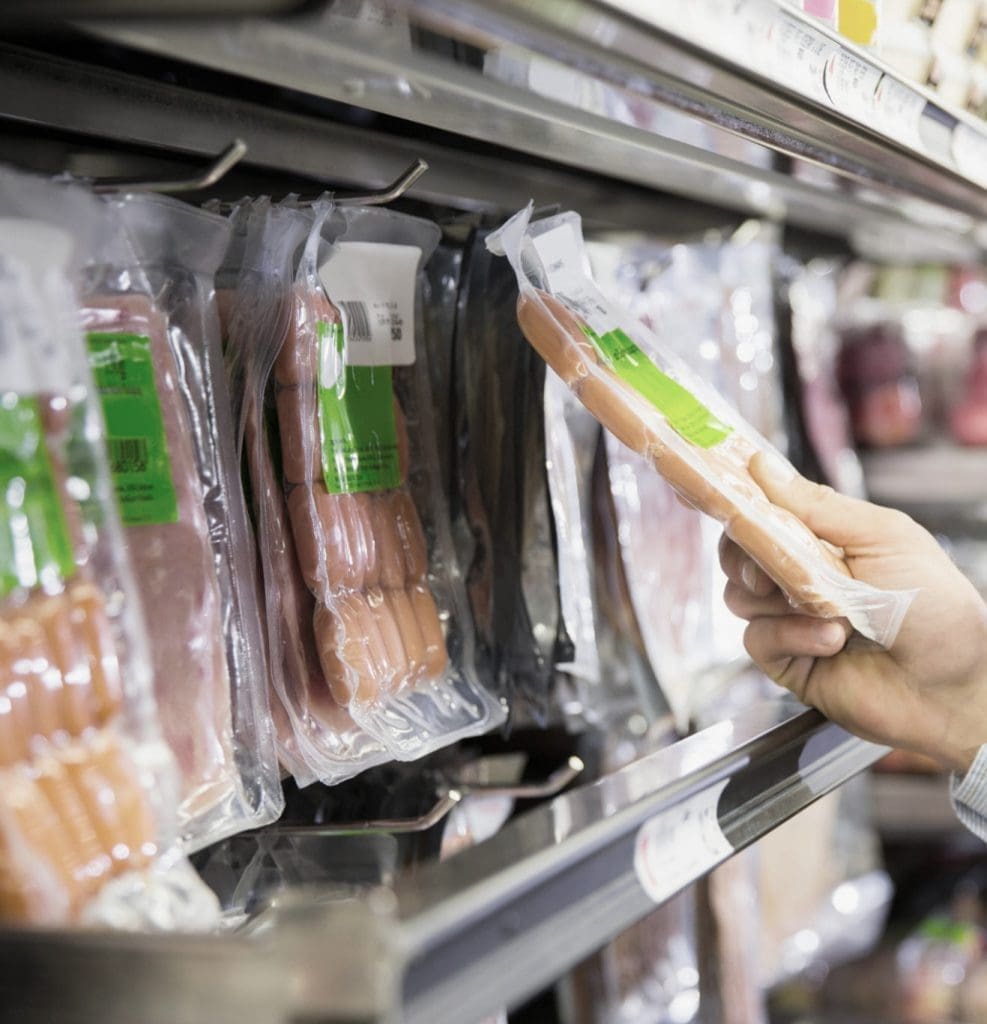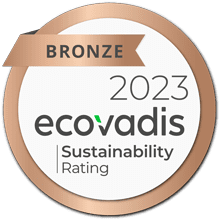Consumers’ food preferences have changed in the western world, with individuals opting for fresh produce instead of processed or preserved goods. This has altered the way people – and therefore companies – view packaging. Ultimately, consumers now want to purchase healthy food packaged in sustainable, recyclable materials. As a result, traditional food processors such as Heinz, Nestlé SA and McCain Foods are struggling to maintain market share as trends turn towards innovative ‘mom-and-pop’ start-ups that create minimal amounts of processed meals and opt for recyclable or compostable packaging.
Read More
Submit your details to access the latest Quarterly Trends Report from Third Bridge.



